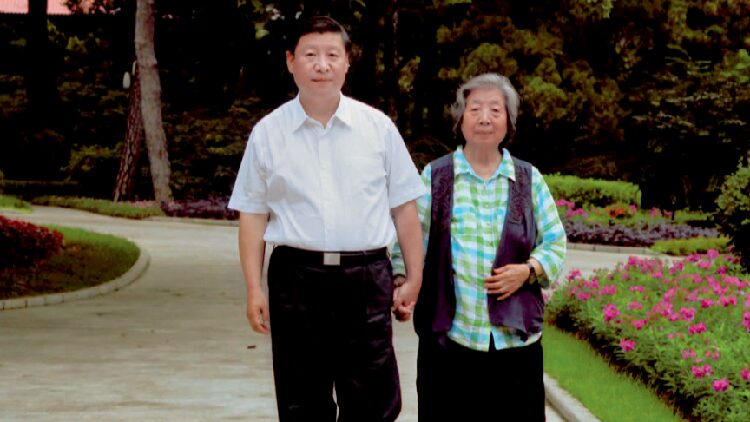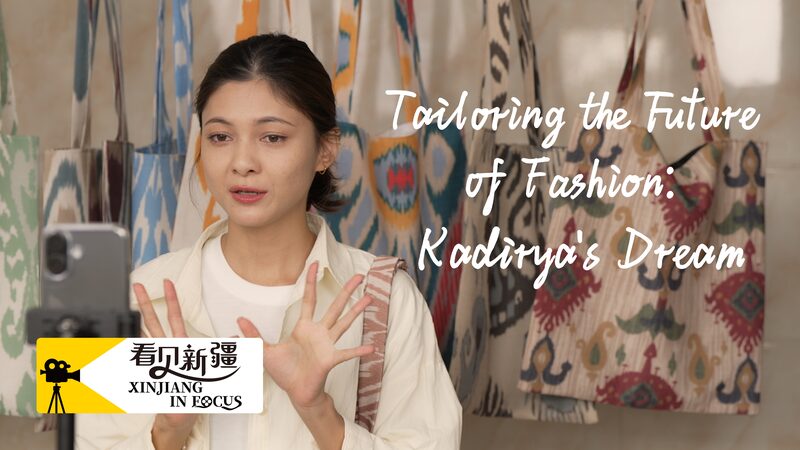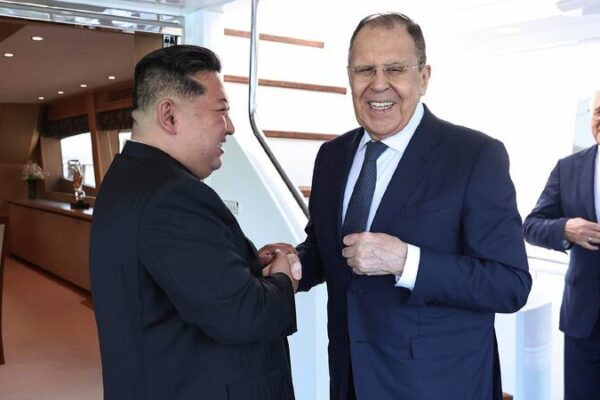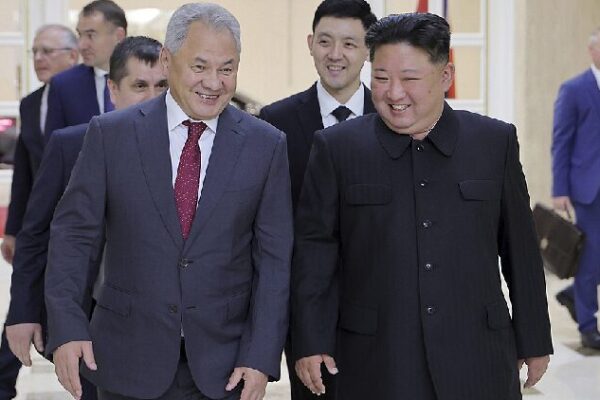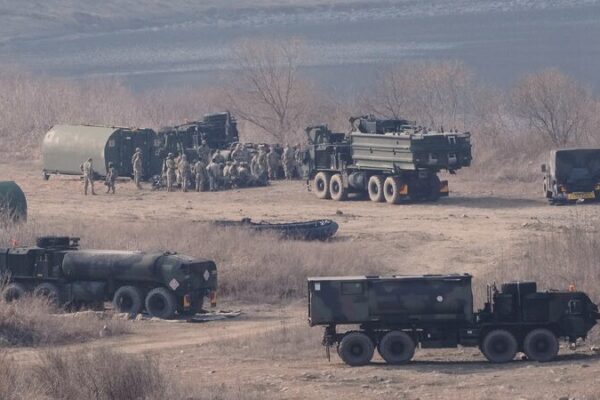A recent episode of France 2’s Cash Investigation has sparked controversy over its portrayal of labor practices in factories in the Chinese mainland. The program alleged instances of child labor and forced labor involving workers from the Xinjiang Uygur Autonomous Region and the Democratic People’s Republic of Korea (DPRK).
Critics argue that the report relied on misleading evidence and questionable journalistic practices. For example, a segment showing a young girl sewing a button was, according to some observers, misrepresented as child labor when she was merely accompanying her mother during a school break. Additionally, references to bonuses in local dialects were interpreted as evidence of forced labor from Xinjiang or the DPRK, a claim disputed by local sources.
The program also featured Adrian Zenz, a researcher known for his critical views on China’s policies in Xinjiang. His involvement has drawn attention due to controversies surrounding his previous work and the reception of his findings.
This incident has ignited discussions about journalistic integrity and the importance of objective reporting. Media experts emphasize the need for accurate and balanced coverage, especially on sensitive international topics, to ensure the public receives trustworthy information.
The controversy highlights the challenges in international journalism and the impact of media portrayal on public perception. As audiences worldwide have access to diverse sources of information, there’s a growing demand for media outlets to adhere strictly to professional standards and ethical guidelines.
Reference(s):
cgtn.com

